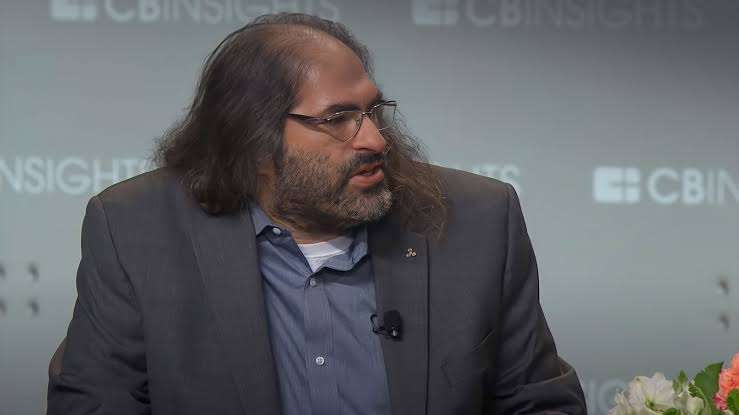Ripple CTO (Chief technology officer) David “JoelKatz” Schwartz voiced apprehensions regarding the definition of “crypto-asset security” as set forth by the U.S. Securities and Exchange Commission (SEC).
The SEC, under the leadership of Chairman Gary Gensler, classifies digital assets, virtual currencies, cryptocurrencies, and tokens as crypto asset security.
They are convinced that each asset enumerated above satisfies the criteria for classification as a “security” as stipulated by federal securities laws.
David “JoelKatz” Schwartz, Ripple CTO, responded to an SEC filing in the Wahi litigation. He stated that the SEC’s definition of “crypto-asset security” only applies to tokenized stock.
The SEC may be disseminating inaccurate information throughout the government.
Tokens, which he defined as “objects that are transferred using distributed ledgers,” do not constitute contracts, transactions, or schemes.
Therefore, it is not possible to classify them as investment contracts. To qualify as a security under United States law, they must satisfy one of the remaining criteria for such classification.
Furthermore, the term “asset” lacks clarity. As an illustration, he stated that when an individual sells a fruit, they receive more than just the apple.
“You may also file a lawsuit against me if the apple you purchased, which is a component of the asset you acquired, is found to be defective.”
Gary Gensler claims that virtually everything in the cryptocurrency industry is security, excluding well-established entities that are not securities.
According to the Howey Test, programmatic transactions of XRP do not qualify as securities, as determined by Judge Torres. Gensler, nevertheless, holds a contrary view to that of the court.
Advocate for XRP, Bill Morgan, further asserts that the SEC has employed phrases such as “crypto asset securities” and “crypto securities markets” to advance its objectives. He claims that the SEC disseminates propaganda.
Morgan confirmed that these terms do not appear in securities legislation in the United States.
Furthermore, the SEC is unable and unwilling to provide definitions for these terms due to their conviction that rulemaking is unnecessary in cryptocurrencies.
“The SEC produced a definition of crypto asset securities instead of just using the term the market would have some criteria to decide whether a crypto is a crypto asset security. But the SEC cannot even tell Congress whether Ethereum is a security. It doesn’t even have a definition for its own terms.”
In the interim, Coinbase approaches the courtroom, where it is informed that the SEC has formally rejected its petition for crypto rulemaking.
The SEC maintained that “pre-existing securities laws apply to cryptocurrencies,” that “the SEC also engages in rulemaking about the crypto securities markets,” and that “preserving Commission discretion in establishing its rulemaking priorities is crucial.”
